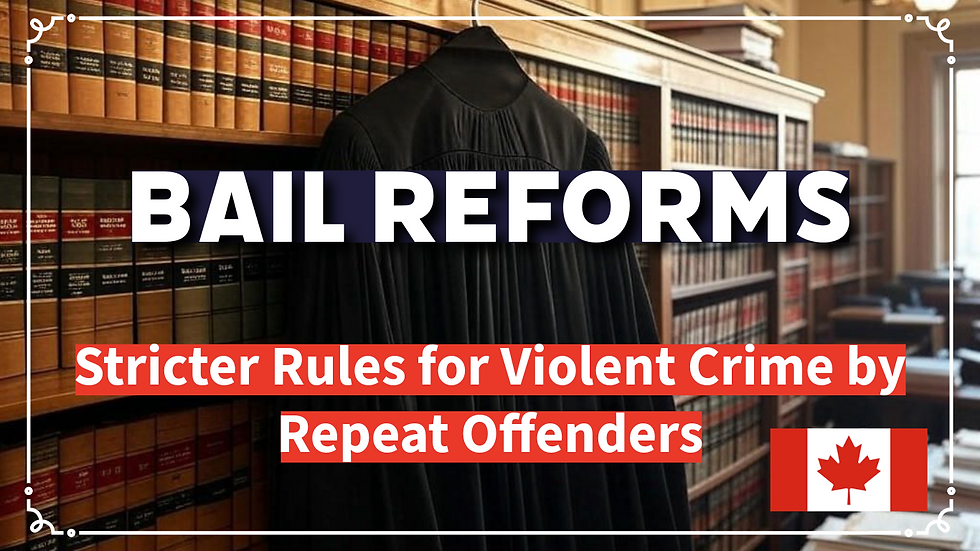Today's Brief 13-19/11/2023
- M.R Mishra

- Nov 18, 2023
- 3 min read
Scheduled Castes (SCs) and sub categorisation: In 1996 the Andhra Pradesh government formed a Commission under Justice Ramachandra Raju, which recommended sub-categorisation of SCs in the State.
However in 2004, the Supreme Court IN E.V. Chinnaiah vs State of Andhra Pradesh case, held that the State did not have the power to unilaterally sub-categorise communities in the list of SCs or Scheduled Tribes (STs)
How close have governments come?
Even as the question of whether SC sub-categorisation can be done is pending with the Supreme Court, the 2004 judgment had pushed the Union government to explore legal options for the same. It initiated dialogue with the Law Ministry and in 2005, the Attorney-General of India (AGI) had opined that it was possible to sub-categorise SCs. The AGI, at the time, had said that any such classification could be allowed only if there was “unimpeachable evidence to indicate a necessity” for it. The AGI had added that a constitutional amendment could be brought in to facilitate this. Based on this, the Union government formed a National Commission to look into the question of sub-categorising SCs in Andhra Pradesh and the then Cabinet recommended an amendment to Article 341 of the Constitution of India to allow for it. But both the National Commission for Scheduled Castes (NCSC) and the National Commission for Scheduled Tribes (NCST) had opined that a constitutional amendment was not necessary. They said that Article 16(4) of the Constitution already provided for States to create special laws for any backward classes it felt was under-represented.
What have been the arguments?
From the Justice Raju Commission to the National Commission, the principal argument for sub-categorisation of SCs has been the graded inequalities among SC communities. The thrust of it has been that even among the marginalised, there are communities that have lesser access to basic facilities.
As a result, the relatively more forward communities among them have managed to avail benefits consistently while crowding the more backward ones out. The solution, therefore is to sub-categorise the communities and provide separate reservation to the more backward communities within the reservation meant for SCs.
2. Amini : Amini is the fourth in a series of eight Anti-Submarine Warfare Shallow Water Craft (ASW-SWC) projects.
It was built by Garden Reach Shipbuilders and Engineers (GRSE) for the Indian Navy.
The ship has been named ‘Amini’ to signify the strategic maritime importance accorded to the island of Amini at Lakshadweep, located about 400 km west of Kochi.
The third ship of the class was launched on 13 Jun 23 at M/s L&T, Kattupalli. Launch of four ships of the same class within a year highlights our strides in indigenous shipbuilding, towards AatmaNirbhar Bharat.
The first ship of the project is planned to be delivered in early 2024. The ASW SWC ships will have over 80% indigenous content, thereby ensuring that large scale defence production is executed by Indian manufacturing units, generating employment and capability enhancement within the country.
3. Indo-Pacific Regional Dialogue 2023: The three-day long Indo-Pacific Regional Dialogue 2023 (IPRD-2023) concluded today in New Delhi. This annual apex-level regional strategic dialogue of the Indian Navy, conducted from 15 to 17 November 2023, engaged globally renowned experts from India and abroad, senior officers from the Indian Armed Forces and the Government of India, scholars and the public-at-large in intensive deliberations in several sub-topics under the overarching theme of “Geopolitical Impacts upon Indo-Pacific Maritime Trade and Connectivity”
The final day of the conference comprised of two professional sessions. The first session centred upon the theme “Private Industry in the Safety and Security of Indo-Pacific Maritime Trade and Shipping” and brought forth the perspectives of Indian industry in the specific areas of shipping, defence industry and space-based surveillance in the maritime domain.
This session, moderated by Adm Sunil Lanba (Retd), Former Chief of the Naval Staff, also included a presentation on ‘Energy Potential and Maritime-Security Implications of new Offshore Gas Finds in and around the Mozambique Channel’.
Delegation emphasised the need to revive the maritime competence of Indians, which due to various reasons had been diminished in the last few centuries. Exhorting all present to ideate about the means and avenues of cooperation, the minister gave the example of the United Nations Convention on the Law of the Sea 1982 (UNCLOS 1982) when nations came together to frame rules for themselves. She said that it was important that nations abide by rules that are framed through consensus.
This blog is under Progress of Writing so stay tuned.
Refrence:






Comments